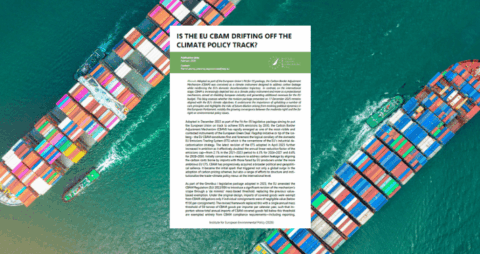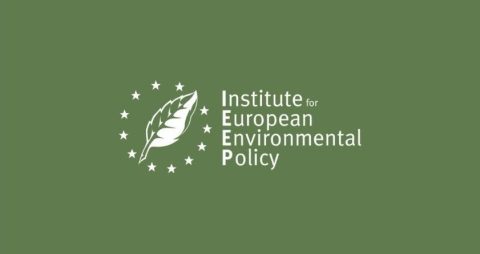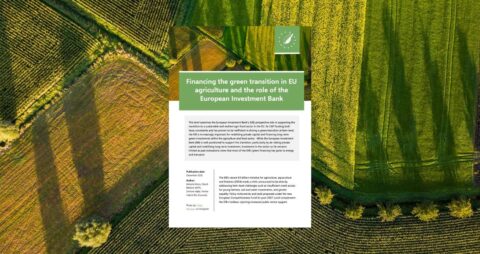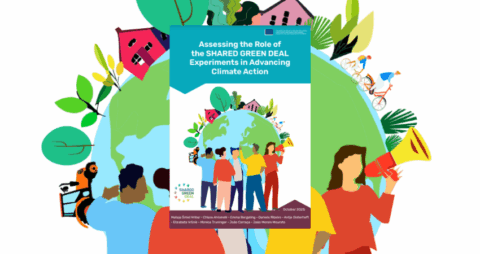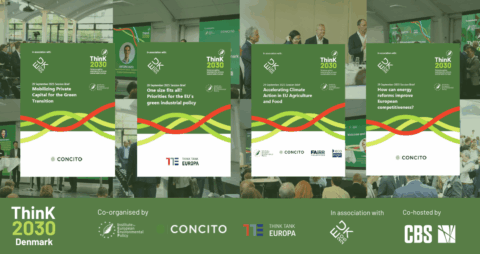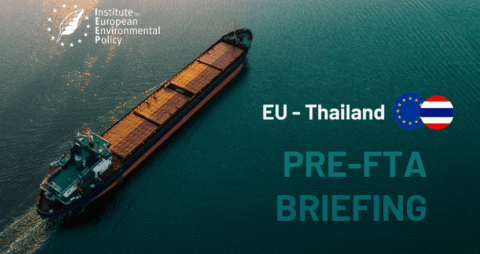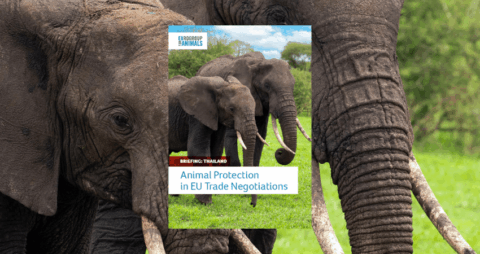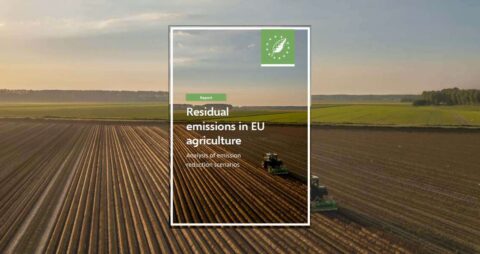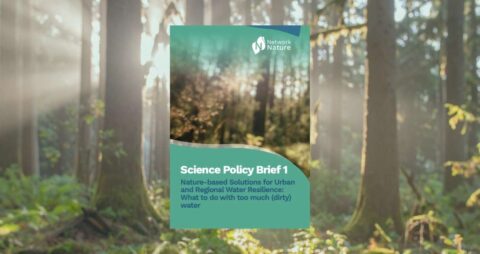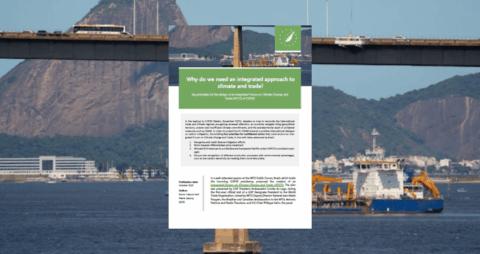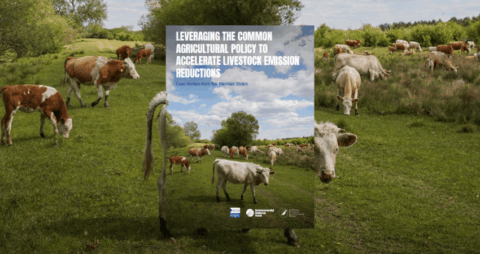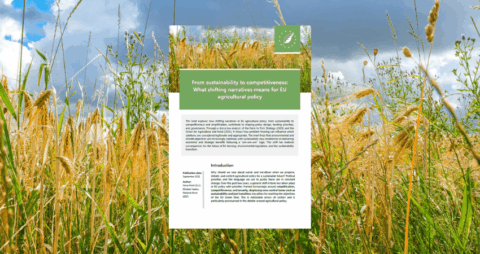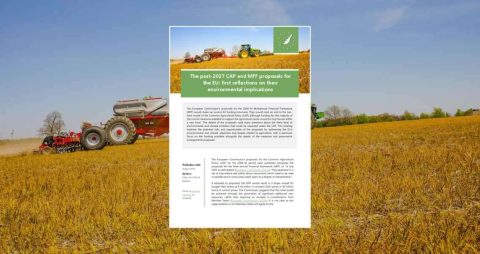Publications
- Home
- Publications
Type
Library Type
Categories
Select Categories
For any old articles please send a request at brussels@ieep.eu
Publications
Our reports and publications cover a wide variety of topics.
If you cannot find what you are looking for, please contact us directly at brussels@ieep.eu
- , Annual reports
Every year, IEEP publishes its financial statements. On this page, you will find the documents for the financial year 2024-2025 ended on 30 June 2025. ...
- , Briefings
This briefing, produced in collaboration with Concito, examines the European Investment Bank’s (EIB) prospective role in supporting the transition to a sustainable and resilient agri-food ...
- , Reports
This report summarises key findings from a secondary analysis of the Horizon 2020 SHARED GREEN DEAL project, examining how the project’s six social experiment streams ...
- , Briefings
This briefing assesses trade-related sustainability challenges in Thailand relevant to the Free Trade Agreement with the EU and proposes recommendations to further environmental and climate ...
- , Reports
This report explores the options for improving animal welfare and sustainability in the context of an EU-Thailand free trade agreement, for which negotiations were relaunched ...
- , Reports
The report examines emission reductions in EU agriculture by reviewing a selection of modelling scenarios and assessing variations in residual emissions. ...
- , Briefings
The brief draws from research, policy, and good practice from the wider NbS community, and presents recommendations to enhance the integration of NbS. ...
- , Briefings
In order to project CBAM towards a positive international dialogue on carbon mitigation, this briefing proposes four priorities for multilateral action that could anchor an ...
- , Reports
The next CAP can unlock low-emission farming by scaling up innovation, farmer networks, and targeted incentives for sustainable livestock. ...
- , Briefings
Understanding how narratives shape policy is crucial for ensuring that environmental and climate goals remain central to EU agricultural governance. This brief calls for more ...
- , Briefings
This briefing provides initial reflections on whether they provide the mechanisms and scale of funding needed to drive progress to meeting the EU’s sustainability objectives ...

